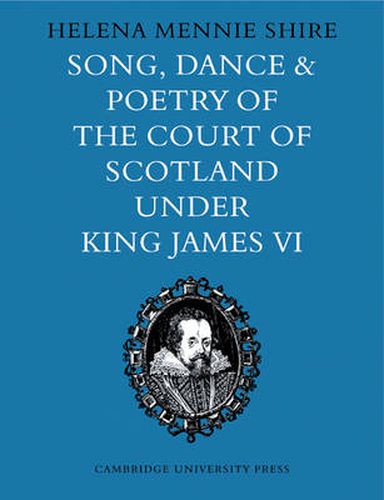Readings Newsletter
Become a Readings Member to make your shopping experience even easier.
Sign in or sign up for free!
You’re not far away from qualifying for FREE standard shipping within Australia
You’ve qualified for FREE standard shipping within Australia
The cart is loading…






Originally published in 1969, this is a series of linked studies of the character, origins and history of the court-song of Renaissance Scotland, with substantial critical discussion on poets, musicians and court culture generally. Mrs Shire shows that the song repertory of Scotland in the sixteenth century is rewarding poetically and musically both in itself and for the part it plays in the Renaissance culture of Western Europe. The author focuses on two poets, Alexander Scott and Alexander Montgomerie and adds to the value of her work by her constant preoccupation with period and background. She sets herself to answer such questions as: who made the songs and how were they presented? Was the music more important than the words? Did the singers act or dance in performance? Were songs a central part of the life of the court? Her answers illuminate this previously unknown area of study.
$9.00 standard shipping within Australia
FREE standard shipping within Australia for orders over $100.00
Express & International shipping calculated at checkout
Originally published in 1969, this is a series of linked studies of the character, origins and history of the court-song of Renaissance Scotland, with substantial critical discussion on poets, musicians and court culture generally. Mrs Shire shows that the song repertory of Scotland in the sixteenth century is rewarding poetically and musically both in itself and for the part it plays in the Renaissance culture of Western Europe. The author focuses on two poets, Alexander Scott and Alexander Montgomerie and adds to the value of her work by her constant preoccupation with period and background. She sets herself to answer such questions as: who made the songs and how were they presented? Was the music more important than the words? Did the singers act or dance in performance? Were songs a central part of the life of the court? Her answers illuminate this previously unknown area of study.